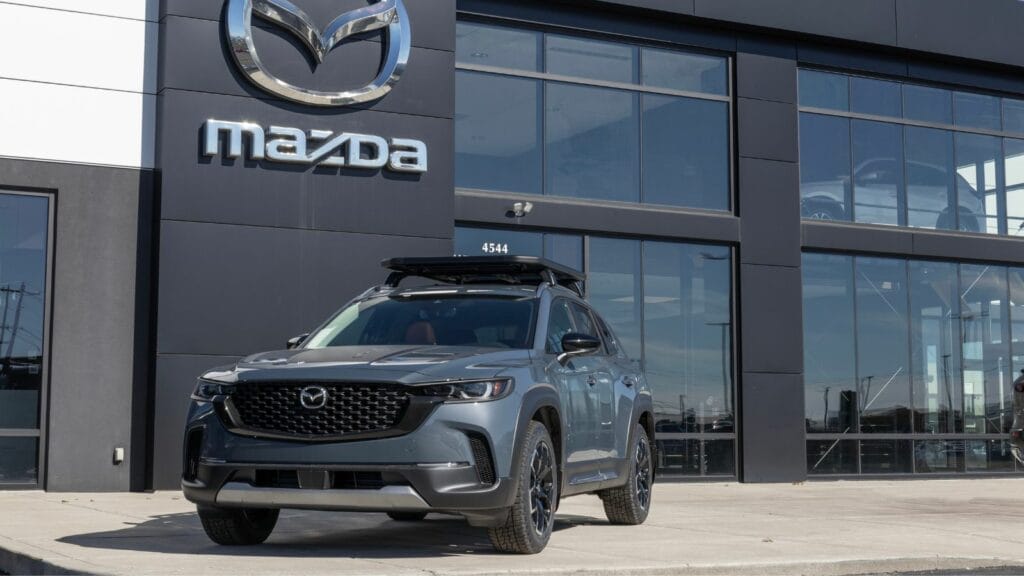While the automotive industry charges forward into an electric future, not every manufacturer believes batteries are the only answer. Synthetic fuels, sometimes called e fuels, are being explored as a way to keep the internal combustion engine alive while drastically cutting emissions. These fuels are made by combining hydrogen, produced through renewable energy, with carbon dioxide captured from the atmosphere or industrial processes. The result is a liquid fuel that can run in existing gas engines with little to no modification. It burns cleaner, produces far fewer emissions, and could even achieve carbon neutrality if produced at scale. For enthusiasts and manufacturers who see value in preserving traditional engines, synthetic fuels represent hope. Here are the companies leading the charge, along with a deeper look at the technology and politics surrounding it.
Porsche

Porsche is arguably the most aggressive automaker in pushing synthetic fuels forward. In partnership with Siemens Energy and other collaborators, Porsche helped fund a plant in Punta Arenas, Chile, that uses abundant wind power to produce hydrogen through electrolysis. The hydrogen is then combined with captured carbon dioxide to produce synthetic methanol, which is refined into gasoline. Porsche has already tested this e fuel in racing series and in road cars, including the legendary 911. Company executives say synthetic fuels could cut carbon emissions by up to 85 percent compared to traditional gasoline. For Porsche it is about preserving the soul of its sports cars, flat six engines and emotional driving, while still aligning with climate goals.
Ferrari
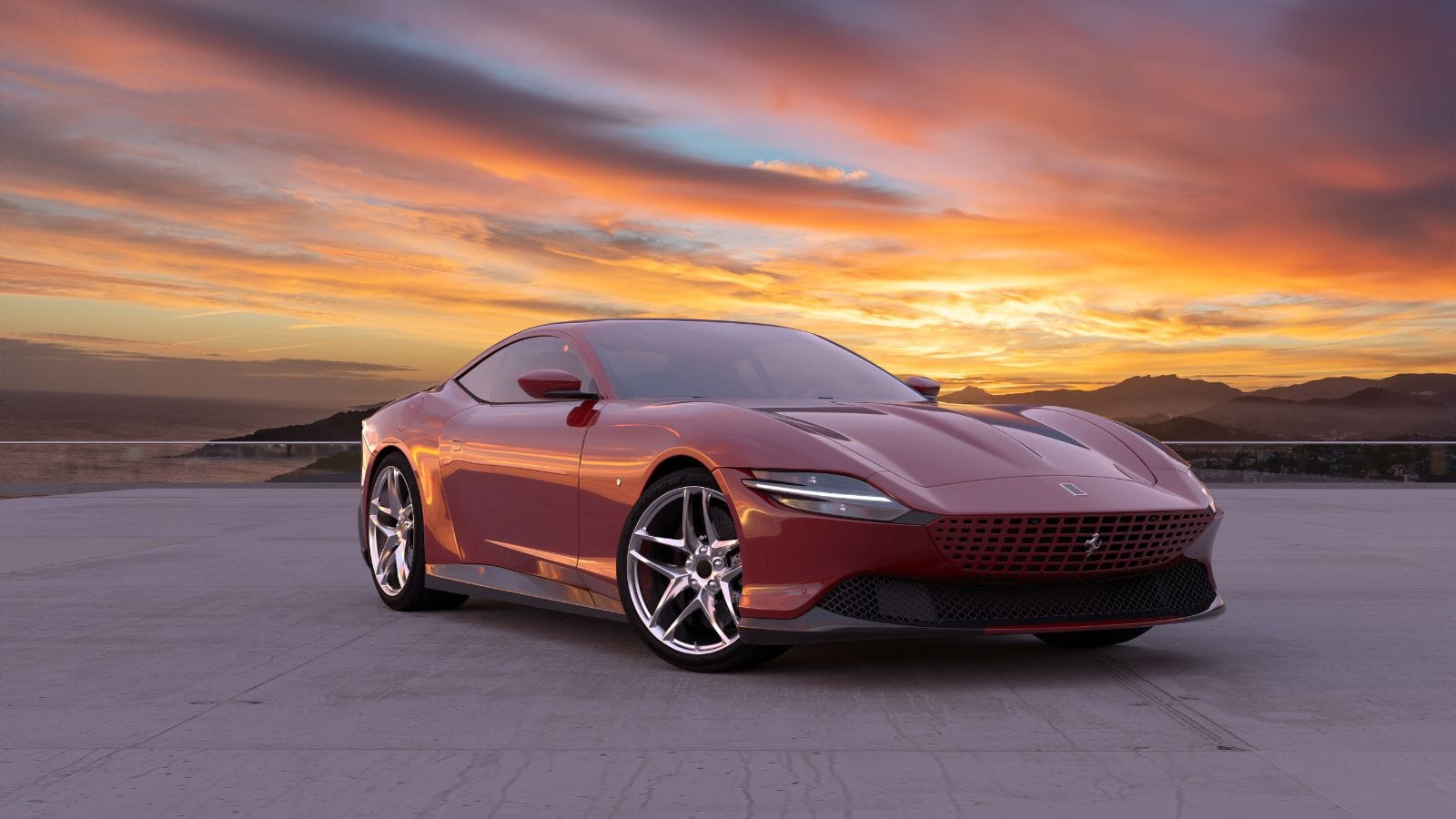
Ferrari, known for its naturally aspirated V12s and screaming V8s, has been clear about its desire to keep combustion alive. Executives have publicly stated that synthetic fuels could allow Ferrari to continue producing internal combustion engines even under strict emissions laws. Ferrari is also lobbying regulators in the European Union to ensure synthetic fuels count toward zero emission targets. For Ferrari it is not just about keeping cars on the road, it is about protecting its brand identity. An electric Ferrari may be inevitable, but with synthetic fuels, the company hopes its signature engines will not be consigned to history.
BMW
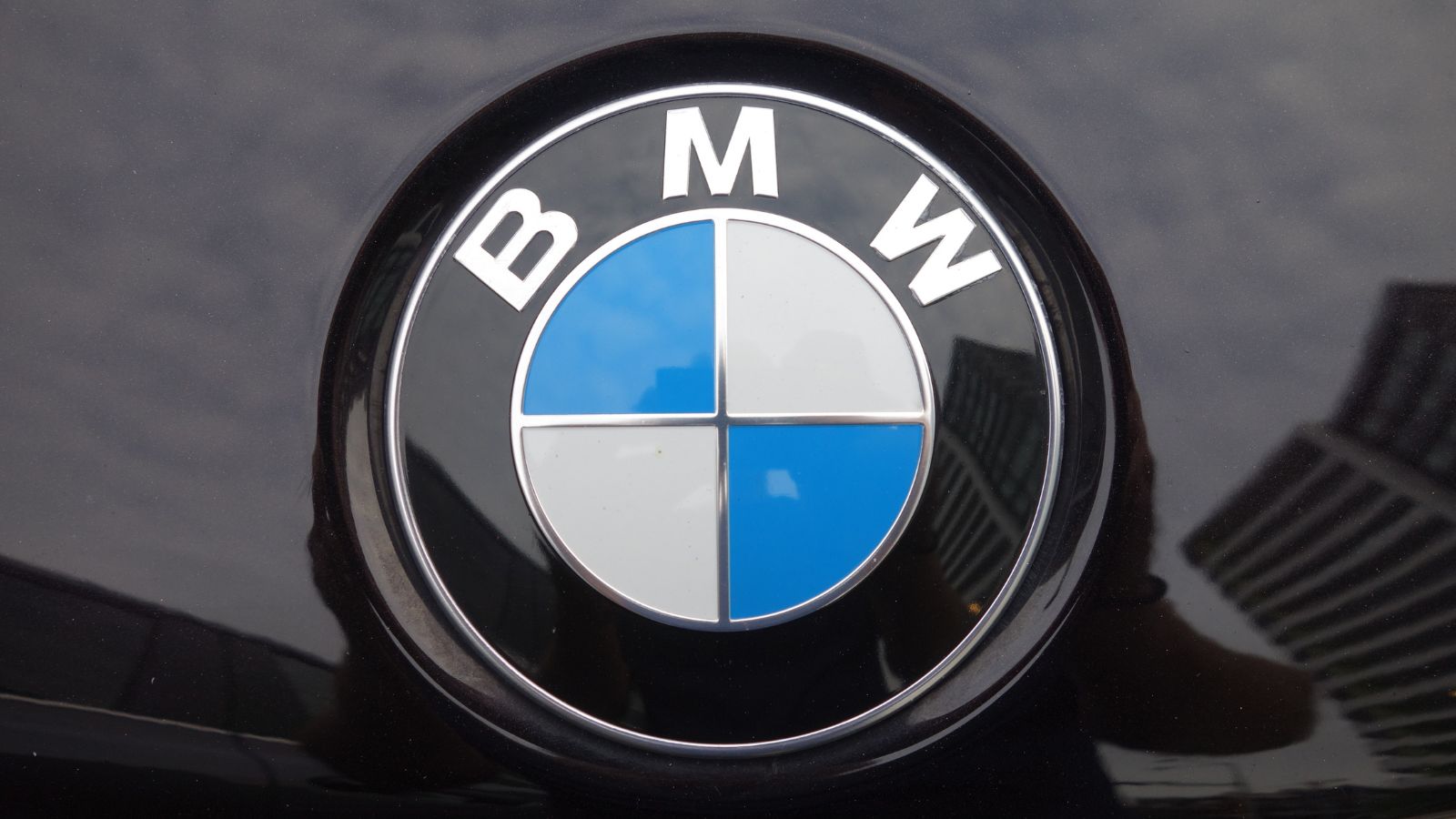
BMW has always experimented with alternative fuels, from hydrogen powered 7 Series models to advanced turbocharged gasoline engines. While the company is investing heavily in EVs, it has also signaled that synthetic fuels could play a role in bridging the gap. BMW is involved in multiple European partnerships aimed at researching scalable synthetic fuel production. Its interest is especially strong in the performance market, where engines like the straight six and V8 M engines could potentially survive if synthetic fuels become mainstream. BMW’s engineers believe that preserving the driving dynamics and engine sound customers love is just as important as hitting emissions targets.
Mazda

Mazda, a company known for taking unique engineering paths, has entered into projects exploring synthetic fuels in Japan. Partnering with energy firms and universities, Mazda is researching bio based synthetic fuels that can be blended into traditional gasoline. The company sees these fuels as a realistic way to decarbonize transportation in markets where EV adoption may lag. Mazda has even suggested that its rotary engine, famously inefficient with gasoline, could find new life running on synthetic fuels. This approach aligns with Japan’s national strategy to diversify beyond batteries and explore multiple clean energy solutions.
Toyota
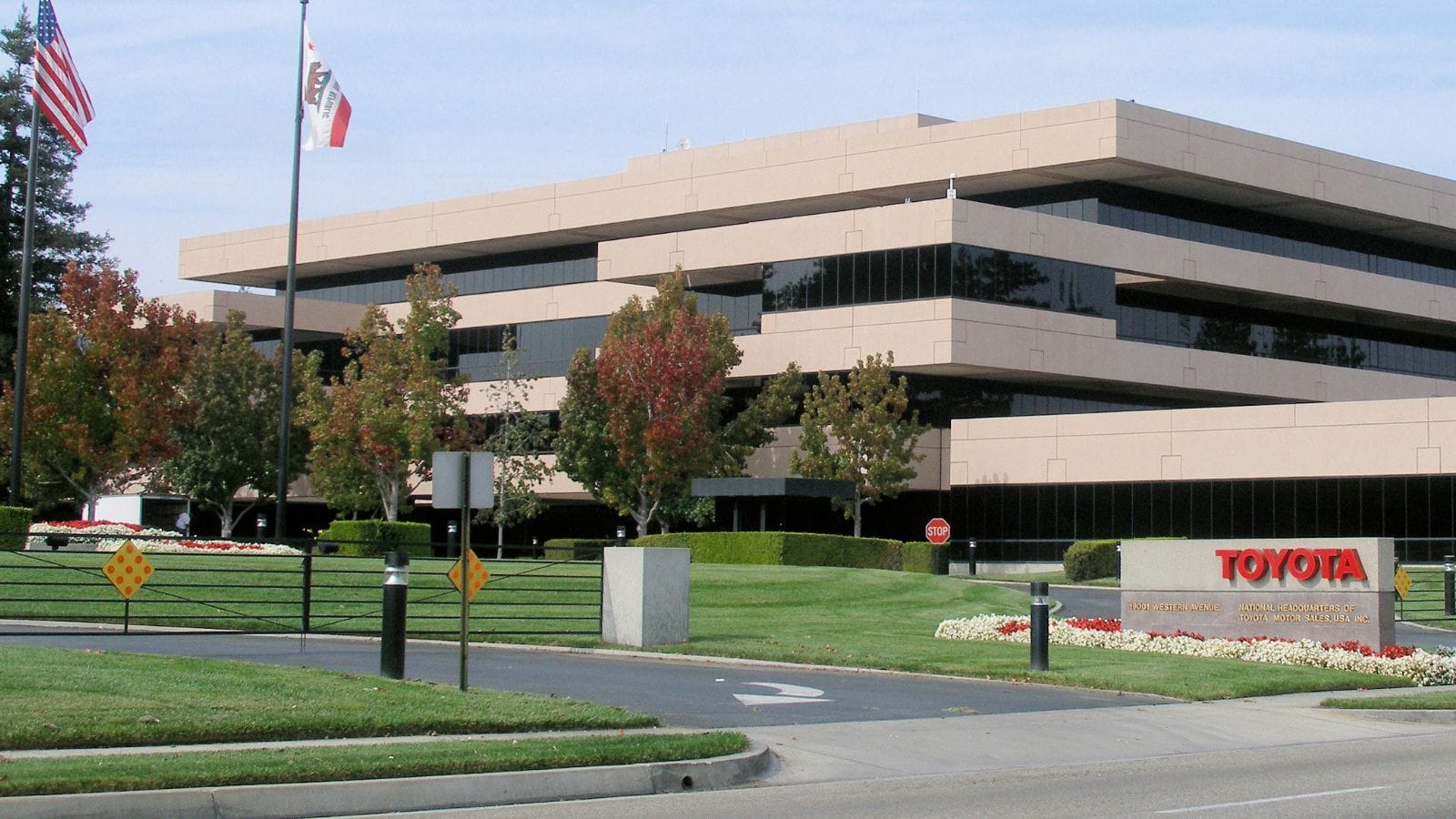
Toyota has famously resisted going all in on EVs, instead betting big on hybrids, hydrogen fuel cells, and now synthetic fuels. The company has tested hydrogen powered internal combustion engines in motorsport, proving that combustion can continue in a zero carbon way. Toyota is also exploring synthetic fuel blends for use in racing and consumer vehicles. The company argues that many regions in Asia, Africa, and South America will not be able to support widespread EV adoption quickly, so synthetic fuels are a vital piece of the global puzzle. Toyota’s philosophy is that there will never be a one size fits all solution for clean mobility.
Lamborghini

Lamborghini, as part of the Volkswagen Group, has access to Porsche’s research and is keeping a close eye on synthetic fuel development. Executives have been candid in saying that e fuels could be the technology that allows Lamborghini’s V10 and V12 engines to survive long into the future. While hybrids and electrification are coming to its lineup, Lamborghini knows that its customer base values the sound, feel, and emotion of traditional engines. Synthetic fuels provide a way to keep that experience alive while meeting stricter regulations.
Audi
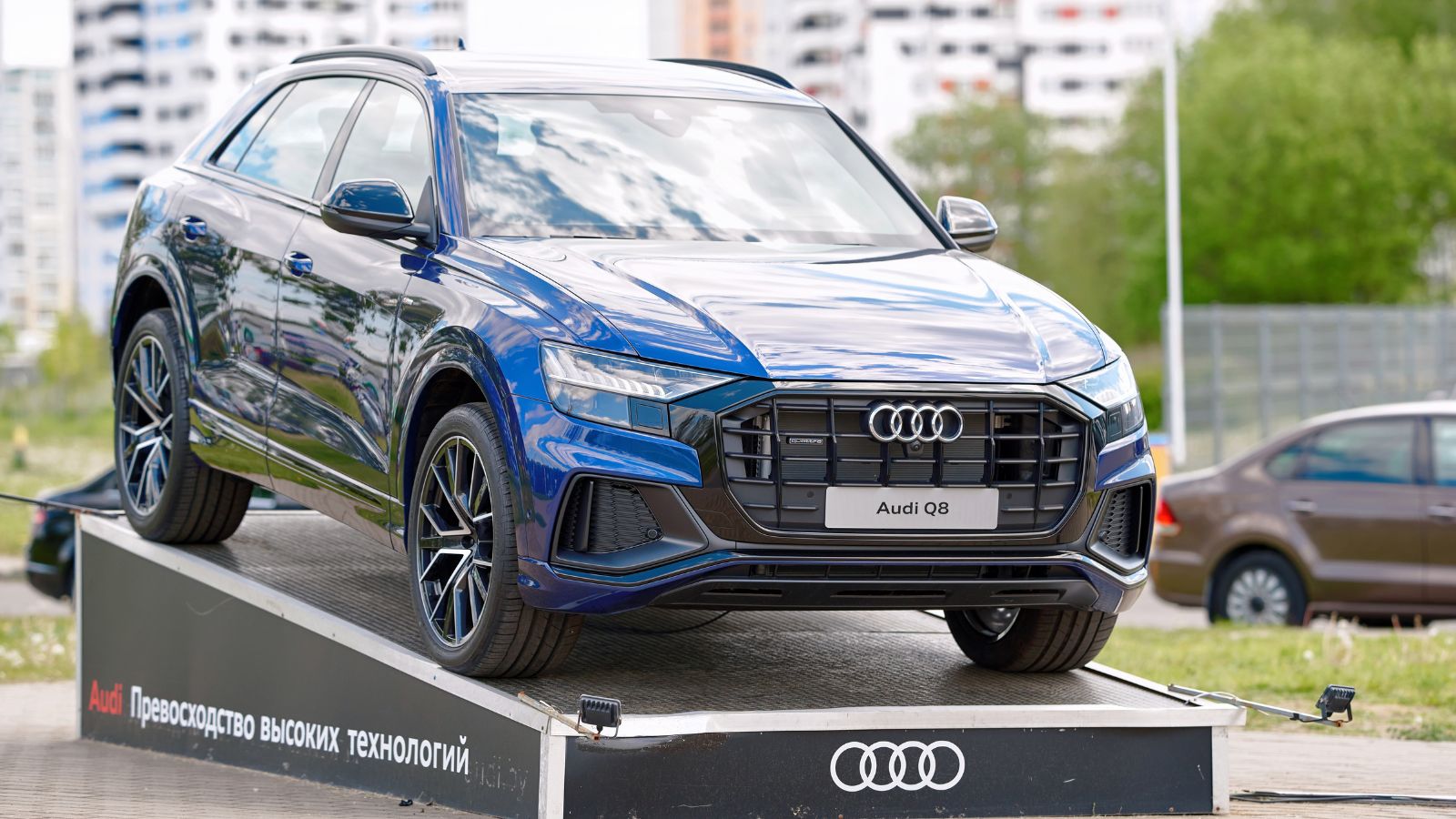
Audi has been working on synthetic fuels for over a decade. It successfully produced small quantities of e diesel and e gasoline in pilot projects, proving the fuels can run in existing engines. The company has invested in research to make synthetic fuel production more efficient and scalable. Audi’s work supports Volkswagen Group’s broader strategy, giving it a foundation should regulations shift to embrace e fuels as part of carbon neutral mobility. While Audi is rolling out EVs aggressively, synthetic fuels remain a potential backup to keep combustion engines in play.
How Synthetic Fuels Are Made
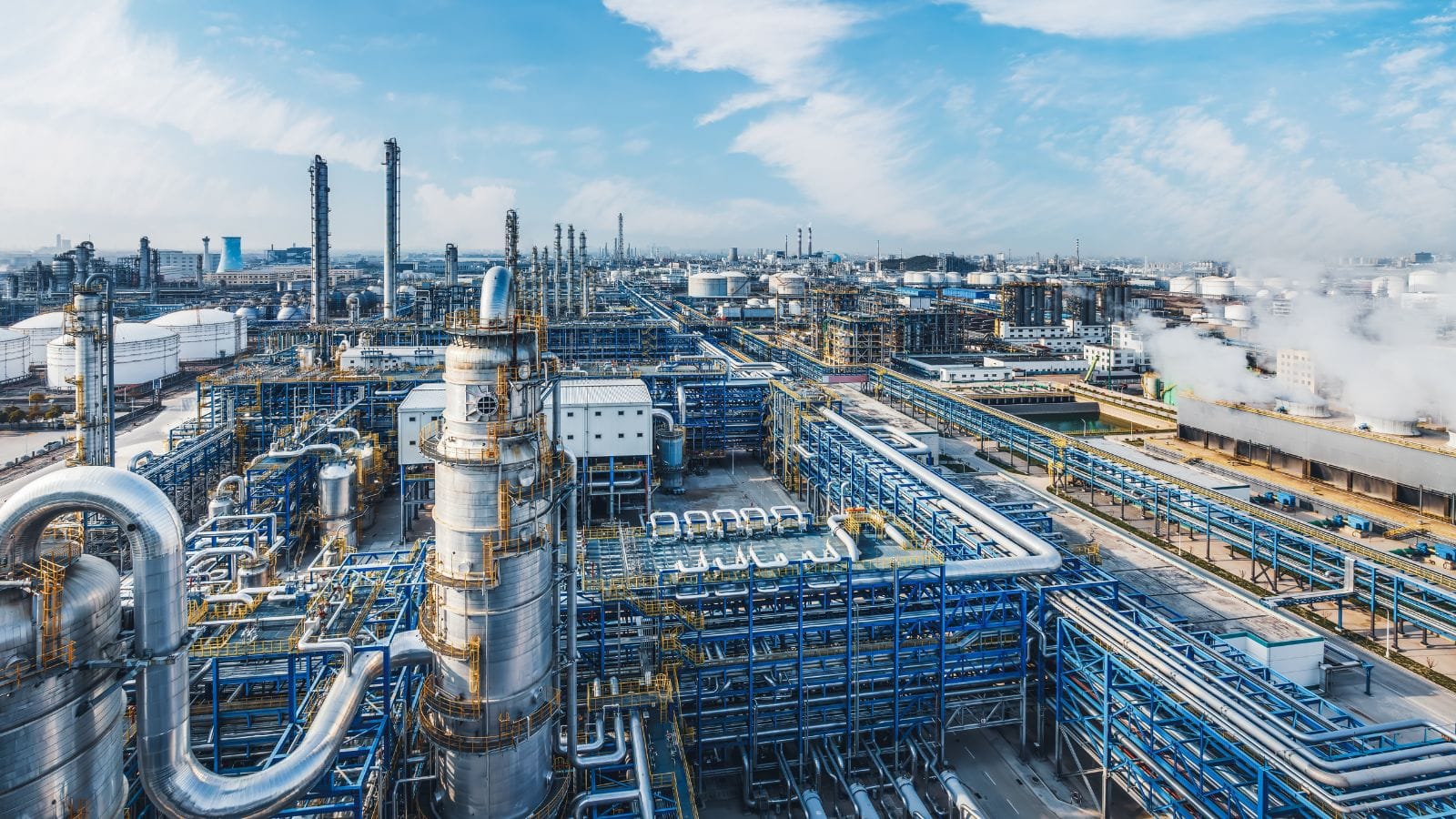
Synthetic fuels rely on two main ingredients, hydrogen and carbon dioxide. Hydrogen is produced by splitting water into hydrogen and oxygen using renewable electricity, a process called electrolysis. Carbon dioxide is captured either directly from the air or from industrial sources. These two elements are then combined through chemical processes like Fischer Tropsch synthesis to create synthetic hydrocarbons. The resulting fuel can be refined into gasoline, diesel, or even jet fuel. The beauty of the process is that the carbon released when the fuel is burned is equal to the carbon captured to make it, making it close to carbon neutral when powered by renewable energy.
Government Response in Europe and Japan

European lawmakers have been divided on synthetic fuels. Some see them as a lifeline for existing cars and a complement to EVs, while others dismiss them as an expensive distraction. In March 2023, the European Union made a major concession, allowing cars that run on e fuels to be sold after 2035, when new gasoline and diesel cars would otherwise be banned. This was a direct result of lobbying by Germany and Italy, home to Porsche, BMW, Ferrari, and Lamborghini. Japan has also embraced synthetic fuels, investing in research and partnerships with automakers like Toyota and Mazda. Japan’s government views them as essential to achieving decarbonization without sacrificing its strong automotive industry.
Why Synthetic Fuels Matter
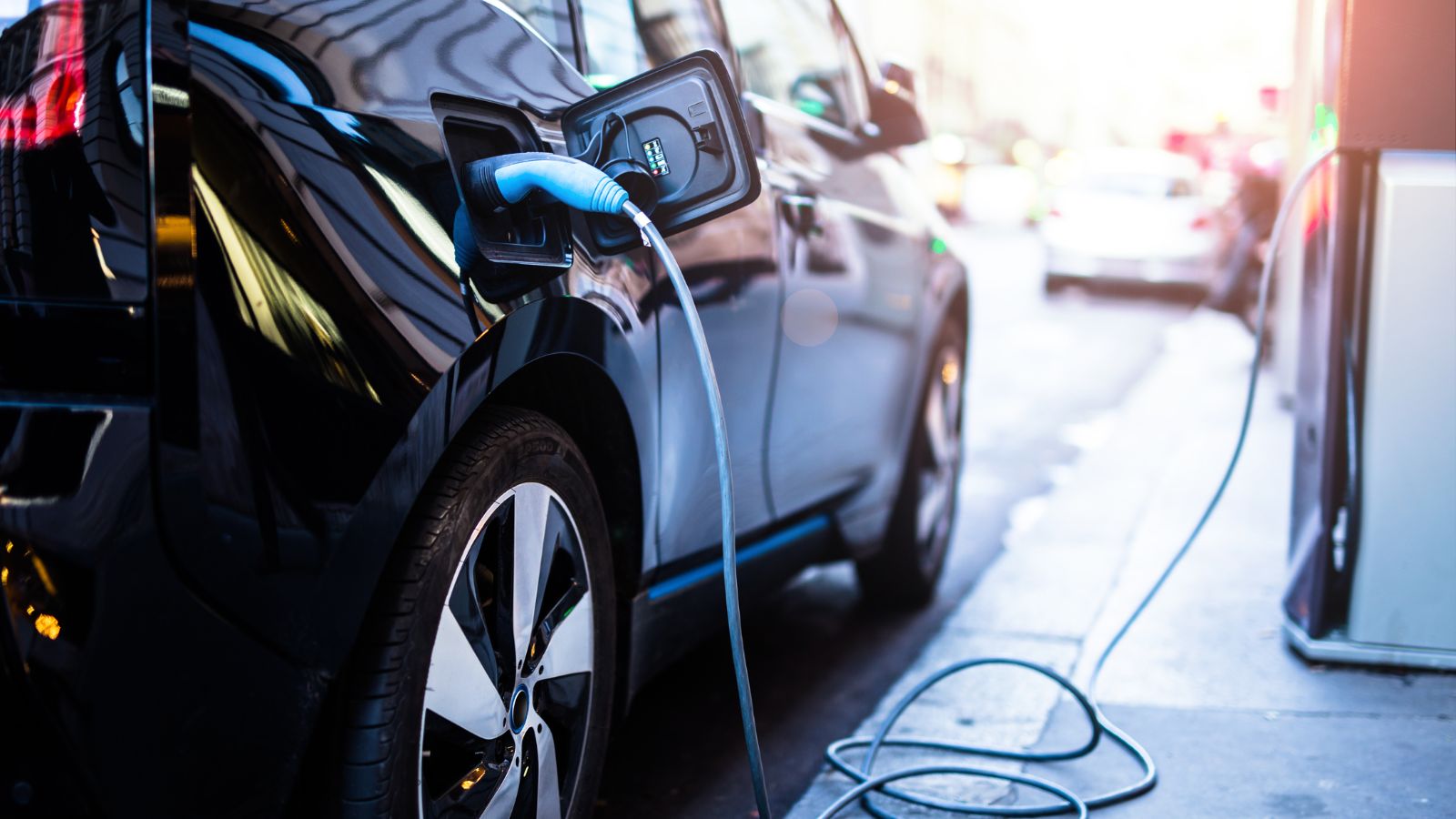
Synthetic fuels are not a replacement for EVs, but they complement them in key ways. They can use existing gas station infrastructure, making adoption easier. They allow hundreds of millions of existing cars to run cleaner without being scrapped. And they keep alive the performance, sound, and feel of engines that enthusiasts love. The challenge is cost. Right now, synthetic fuels are far more expensive than gasoline. But as more automakers and governments invest, production could scale and prices could drop dramatically over the next decade. For car enthusiasts, that means hope that the internal combustion engine might not die after all.
25 Facts About Car Loans That Most Drivers Don’t Realize

Car loans are one of the most common ways people fund car purchases. Like any other kind of loan, car loans can have certain features that can be regarded as an advantage or a disadvantage to the borrower. Understanding all essential facts about car loans and how they work to ensure that you get the best deal for your financial situation is essential. Here are 25 shocking facts about car loans that most drivers don’t realize:
25 Facts About Car Loans That Most Drivers Don’t Realize
